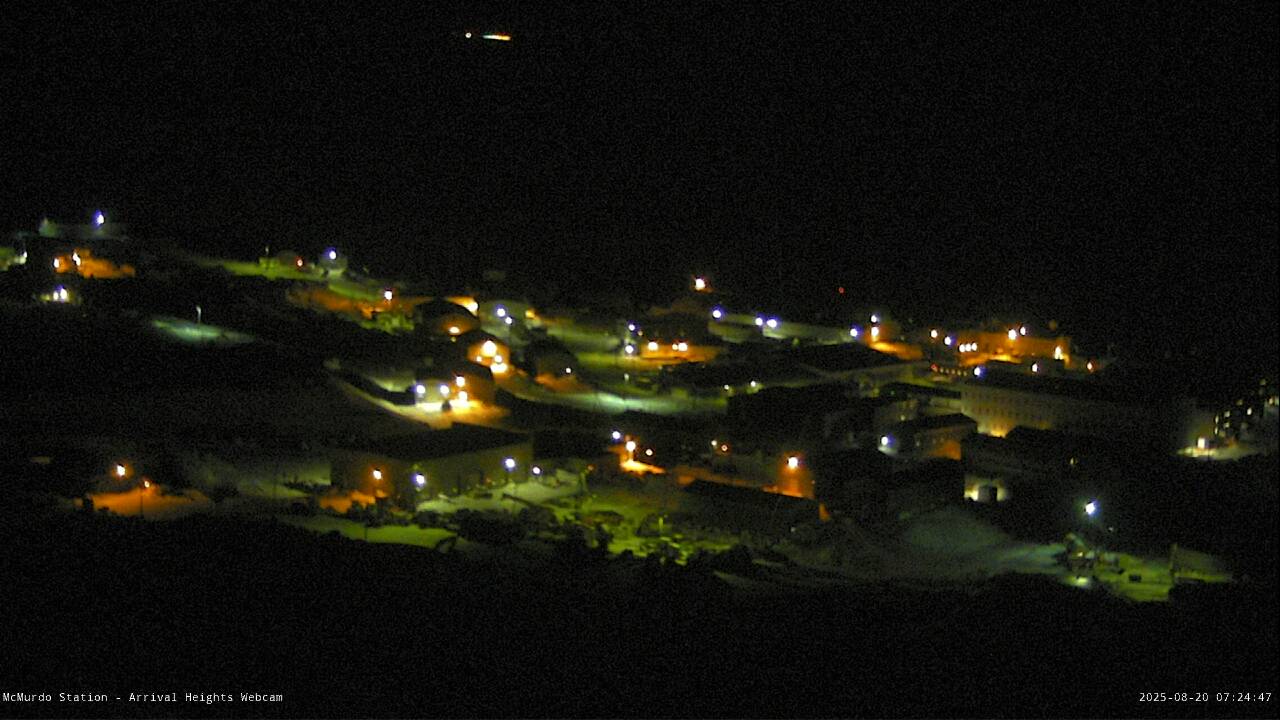FAQ's
When I tell people I will be leaving civilization to study soil in Antarctica for a month, they freak out. Then they ask me all sorts of questions and here are some of my answers...Why are you going to Antarctica?
Antarctica has been a hotspot for scientists for a long time. Some of the members in the group I'm going with have been going down for 25 years. One of my research projects for my Master's studies the bacteria that live in Antarctica, but I ran experiments on soils they brought back for me. I never once thought I would have the opportunity to go! The research I'll be doing won't be for my Master's but it will be working at the same sites my soils came from, and I'll be a part of this amazing team that helped me so much with my own research. Scientists don't have many places to study microorganisms without the influence of plants, animals, and humans, which is why this research is so important. What we learn in Antarctica applies directly to the microorganisms back home, gives us an idea of early life history, and is analogous to life on Mars.What is the temperature?
The average temperature this time of year is 25 degrees Fahrenheit. As I type this the temperature there is 36 degrees. To see updated weather conditions and a live webcam click here. Basically, it will be the same as Rexburg, ID. It's nice to know those years avoiding frostbite and learning how to walk on ice will be useful.Aren't you afraid of polar bears?
Luckily, there are no polar bears in Antarctica! The first time I was asked this I honestly thought I was going to be eaten. Thank goodness for wikipedia. Turns out, polar bears live in the Arctic and penguins live in the Antarctic.What will you do there?
From what I understand, most of my time will be spent in the lab extracting nematodes (worms) from soil and counting them under a microscope. I will identify species (Scottnema, Plectus, and Eudorylaimus), gender, and age (adult vs juvenile). There will also be tardigrades, rotifers, and ciliates, but those won't need any further identification. I expect to see hundreds of animals on one slide. After we count them, they will be sent to labs back home for more work. Dr. Adam's at BYU does a lot of genetic work on the samples sent to him. When we aren't working in the lab we will take a helicopter to each of our sites to work on long-term experiments and bring samples back to the lab.Where will you sleep?
I will stay in dorms with two other people. When I first arrive I will go to Snow School which is basically training in cold weather. That night I will need to sleep in a tent but other than that I should be sleeping in the dorm room. Below is a picture of McMurdo, where I will be spending most of my time.
McMurdo Station, Antarctica
Do you have a question I didn't answer? Leave a comment and I'll add it to the list!
-Sabrina
No comments:
Post a Comment